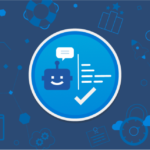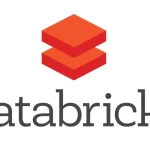News firms seek transparency, collective negotiation over content use by AI makers – letter
A consortium of major global news media organizations has issued an open letter, advocating for revised regulations governing the use of copyrighted content by creators of artificial intelligence (AI) technology. The letter, published on Wednesday, features endorsements from notable industry bodies, including the News Media Alliance (representing almost 2,000 U.S. publications) and the European Publishers’ Council. The consortium seeks a framework that empowers media companies to collectively negotiate with operators of AI models, thereby determining how these models use the media companies’ intellectual property.
The letter contends that the proliferation of generative AI and large language models disseminates content and information to users without adequately acknowledging or compensating the original creators. Such practices are argued to undermine the foundational business models of the media industry.
Generative AI-driven services like OpenAI’s ChatGPT and Google’s Bard have contributed to a surge in online content generated by AI bots. Multiple industries are grappling with the implications of this phenomenon for their respective businesses. Notably, many of these services do not transparently disclose the inputs used to train their models. Previous iterations of these models have relied on datasets containing vast amounts of internet-scraped information, including content sourced from news websites.
Despite the widespread adoption of generative AI, governments worldwide are still deliberating the regulatory landscape for its use.
This endeavor aligns with the long-standing efforts of the news media industry to secure favorable arrangements with technology companies like Meta Platforms and Alphabet. These tech giants have faced criticism from publishers who accuse them of utilizing platforms filled with news content without sufficiently sharing profits. In the United States, lawmakers are currently considering the Journalism Competition and Preservation Act, which would enable news broadcasters and publishers with limited workforces to collectively negotiate advertising rates with companies such as Google and Facebook.
In parallel, news organizations are beginning to explore the application of generative AI and negotiate agreements with technology firms for the use of their content in training AI models. The Associated Press, a signatory of the open letter, recently entered into a deal with OpenAI to license a portion of its story archive for potential use in generative AI applications for news. OpenAI also pledged $5 million to the American Journalism Project (AJP) as part of a collaboration aimed at finding ways to support local news through AI.


































